The Global Health Leadership and Advocacy Accelerator (GHLAA)
East Africa Global Health Leadership and Advocacy Accelerator 2024.
The Global Health Leadership and Advocacy Accelerator (GHLAA) is a transformative leadership training program designed to equip young advocates with the skills to influence and navigate the global health landscape. Organized in collaboration with the William H. Gates Sr. Institute for Population and Reproductive Health, this program is an essential stepping stone for mid-career professionals working in sexual and reproductive health and rights (SRHR).
The purpose of the GHLAA is to strengthen leadership, advocacy, and strategic planning capabilities, enabling participants to drive change in their respective communities. Through dynamic discussions, hands-on exercises, and real-world applications, attendees develop essential skills that allow them to engage effectively with policymakers, implement evidence-based advocacy strategies, and contribute to shaping health policies on a national and global scale.
For members of the AYSRHR Global Roadmap for Action (GRA), participation in the GHLAA offers an unparalleled opportunity to refine their leadership abilities while connecting with like-minded young advocates from across different countries. GRA members who attend the training engage in SMART Advocacy, a framework that enhances their capacity to create impactful advocacy plans, ensuring that their efforts lead to tangible outcomes. The program also emphasizes systems thinking, encouraging participants to view SRHR challenges through a broader lens and develop solutions that are sustainable and far-reaching.
The 2024 edition of the GHLAA in Lilongwe, Malawi, brought together a diverse cohort of passionate young leaders from East Africa and beyond, including GRA members who actively contributed to discussions, workshops, and role-playing exercises. The program featured interactive group activities, strategy-building sessions, and direct mentorship from experienced global health professionals. Participants engaged in real-time advocacy scenarios, refining their approaches to policy engagement and stakeholder collaboration. Many GRA members noted that the most impactful moments came from exchanging experiences with peers who shared similar challenges in advocating for SRHR within their home countries.
Among the distinguished GRA members who participated in the 2024 GHLAA were:
Amanda Banura (Uganda) – Uganda Youth Alliance for Family Planning and Adolescent Health (UYAFPAH)
Esenam Amuzu (Ghana) – Family Planning News Network (FPNN)
Goodness Ogeyi Odey (Nigeria) – ICFP 2025 Power Shifting Subcommittee
Innocent Grant (Tanzania) – Young and Alive Initiative
Linda Mbira (Kenya) – Youth Empowerment Towards Development (YETOD)
Dr. Serge NDAGIJIMANA (Rwanda) – Medical Doctors For Choice (MDFC)
Tadiwanashe Burukai-Matutu (Zimbabwe) – Womandla Foundation
Yotam Ngwira (Malawi) – Youth Empowerment Towards Development (YETOD)
These young leaders came together with a shared vision of strengthening youth-led advocacy and bringing about tangible change in SRHR policies and programs within their respective regions.
Beyond the structured sessions, the GHLAA culture has deep networking and mentorship opportunities. GRA members benefit from exposure to global health experts, gaining insights from professionals who have played key roles in shaping international health policies. The informal exchanges and collaborative projects among participants further strengthen their ability to work collectively in advancing the SRHR agenda.
The impact of the GHLAA extends far beyond the training itself. Graduates of the program returned to their respective countries armed with the knowledge and confidence to take on expanded leadership roles within their organizations. Many go on to lead advocacy campaigns, contribute to policy reforms, and mentor the next generation of SRHR champions. For GRA, the GHLAA is more than just a leadership accelerator—it is a movement that ensures young people are not only included in global health discussions but are actively leading the way toward a more equitable and inclusive future for SRHR.

